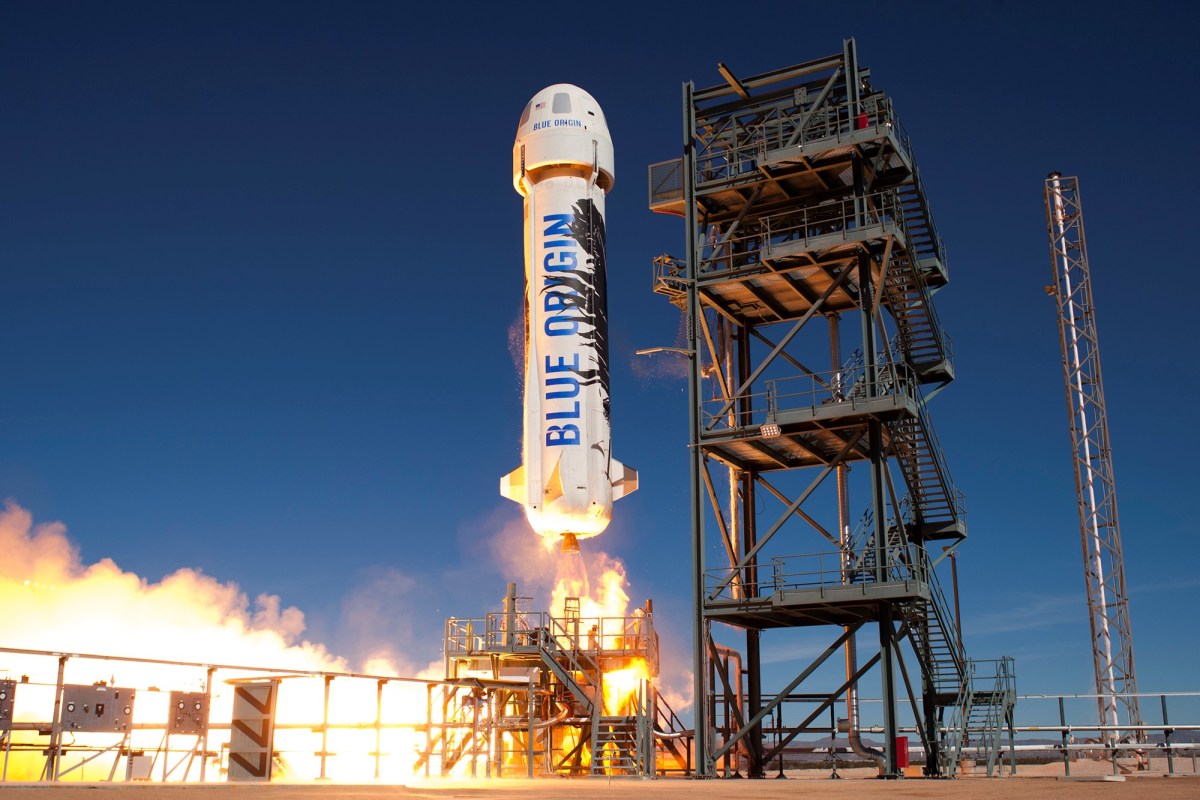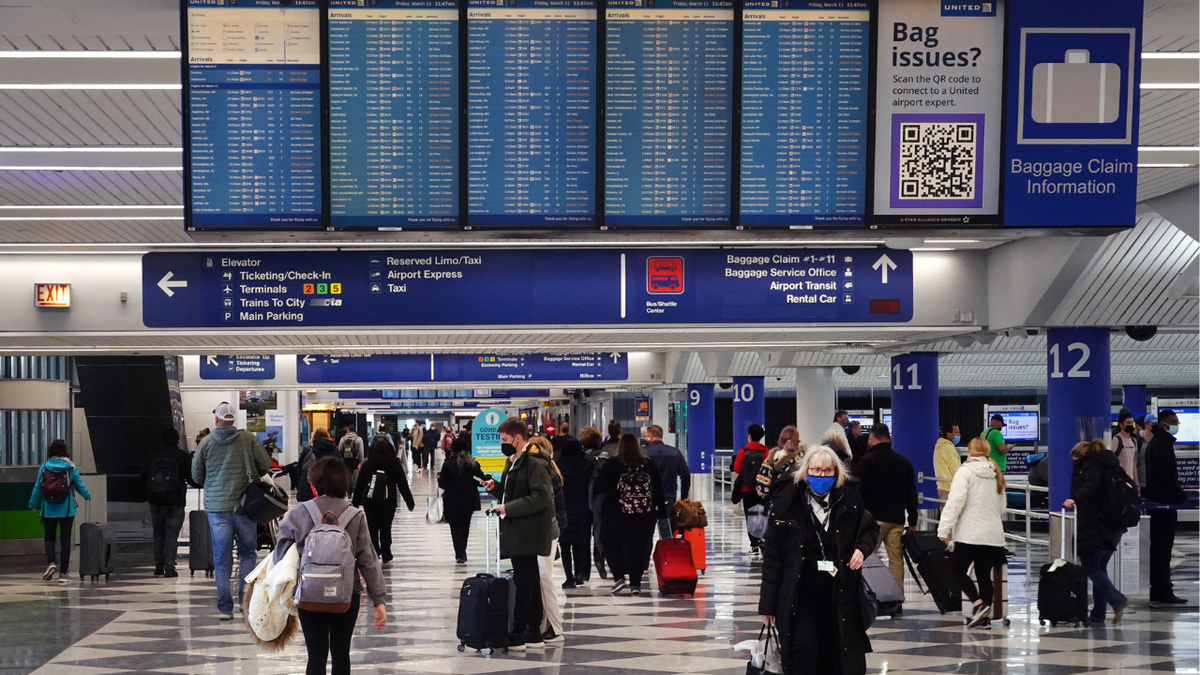The U.S. Federal Aviation Administration has closed the investigation into a mishap that occurred last September during a launch of Blue Origin’s New Shepard vehicle, with the regulator saying that Blue must implement 21 corrective actions before it can fly New Shepard again.
New Shepard was grounded after a September 2022 launch ended with an abort about a minute after liftoff. The vehicle’s capsule, which was not filled with people, had to conduct an emergency parachute landing to clear the booster. It landed safely while the propulsion module was destroyed on impact with the ground. There were no injuries to Blue Origin personnel.
In an emailed statement, a representative for the FAA said the anomaly was caused by a “structural failure of an engine nozzle caused by higher than expected engine operating temperatures.” Among the 21 corrective actions includes redesigning the engine and nozzle components as well as “organizational changes.”
In response to TechCrunch’s inquiries into the corrective actions, a Blue Origin spokesperson simply said, “We’ve received the FAA’s letter and plan to fly soon.”
The closure of the mishap investigation does not mean that Blue Origin can immediately start flying New Shepard. The company must implement all the corrective actions and receive a launch license modification from the FAA first, the FAA spokesperson said.
Mishap investigations are conducted by the companies and overseen by the FAA, the agency that issues commercial space licenses and for ensuring the safety to the public during commercial launch activities.
When Blue Origin released a report on the mishap back in March, it simply said it expected to fly “soon.” But that was six months ago, so it’s unclear when New Shepard will be ready to fly next.

























































